Myth #3: The Halal Slaughter is Barbaric

Some people have an issue with any meat that is ritually sacrificed or slaughtered; others have an issue with slaughtering any animals for food and regard it as barbaric. In Islam, while Muslims are not mandated to eat meat, they aren’t prohibited from it, either. Everything in balance is a key principle in Islam and there may be no other place where that is beneficial than to our stomachs.
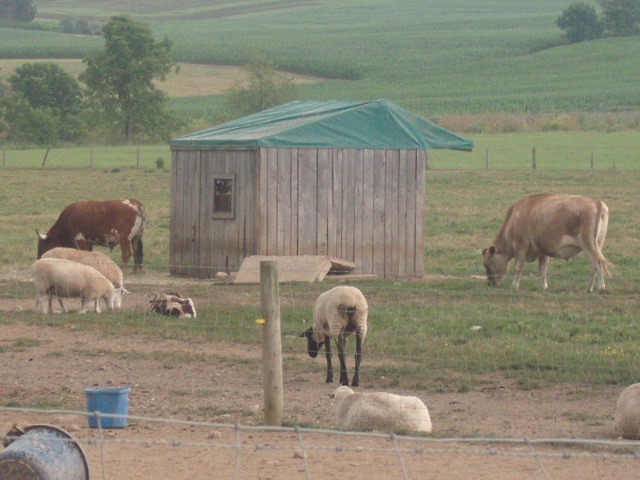
In recent years there has been a lot of backlash against the halal and kosher industries in Europe by those people who think that the ritual slaughters of each are barbaric because stunning the animals in prohibited by both set of guidelines. Activists seem to believe that stunning the animal prevents it from feeling the pain of the slaughter (which recent research refutes- see links below). Additionally, the larger picture of how animals are sacrificed is overlooked; in fact, the Islamic way is a truly humane way to handle the animal at the time of slaughter (and before), as it’s purpose is a sacrifice for the nourishment and consumption of humans.
Here are a few key points with regards to the dhabiha (ritual animal slaughter):
- Animals must be given a clean, humane life. This includes proper food (no other animal parts or products except what is natural for them), clean air and space to roam around, and kind treatment (no kicking, abusing or mishandling of them)
- Before the animal is brought to slaughter, it’s recommended to give it some water and calm it down a bit. Stroking, petting or talking to the animal is not unusual.
- Live animals must not see or watch the ones that are being slaughtered. This would scare them and make them unnecessarily nervous.
- Animals must be slaughtered swiftly with a sharp knife, not anything rugged that would make it more difficult (and more painful) to the animal. No clubbing, beating, shooting the animal is allowed nor is such meat halal for Muslims to eat. God’s name should be recited over the animal just before slaughter, as the sacrifice is in His name and no other and only He has the right to legislate the taking of life.
- The animal’s carotid vein must be cut, but the spinal cord left intact, (the animal quickly loses consciousness at this point. This allows the heart to continue to pump the blood out and drains the blood from the animal (blood is not halal to consume). There was a study done long ago in Germany, as mentioned in great detail here and discusses these points, although it is not meant to be the final word or most comprehensive sourc of information on this topic.
- As much of the meat and the animal’s body parts should be used as possible, as waste is highly discouraged. It’s not uncommon for people to eat the organs of most animals and to use the bones to make broth and the wool from sheep to make textiles and clothing.
Overall, halal is antithetical to the inhumane treatment of animals. In fact, when meat is processed according to the standards set forth in the Qur’an by Allah (God), it is good for mankind, animals and the environment. Eco-halal is a term coined to describe this all-encompassing way of feeding people with food that is blessed and sacrificed for the purpose of consumption, not waste.
I am not a scholar of this topic, and this is in no way a comprehensive overview of it, either. It’s purpose is to clear a misconception by offering some insight into the truth of the matter and hopefully open the door for more discussion and personal research by readers who would like to explore the topic further for themselves.
Are there any other myths you would like to see addressed? Tell us some of the questions about halal that you’ve been asked and how we can help you to respond.
{This is one in a series of posts about the myths of halal food}
Related Posts
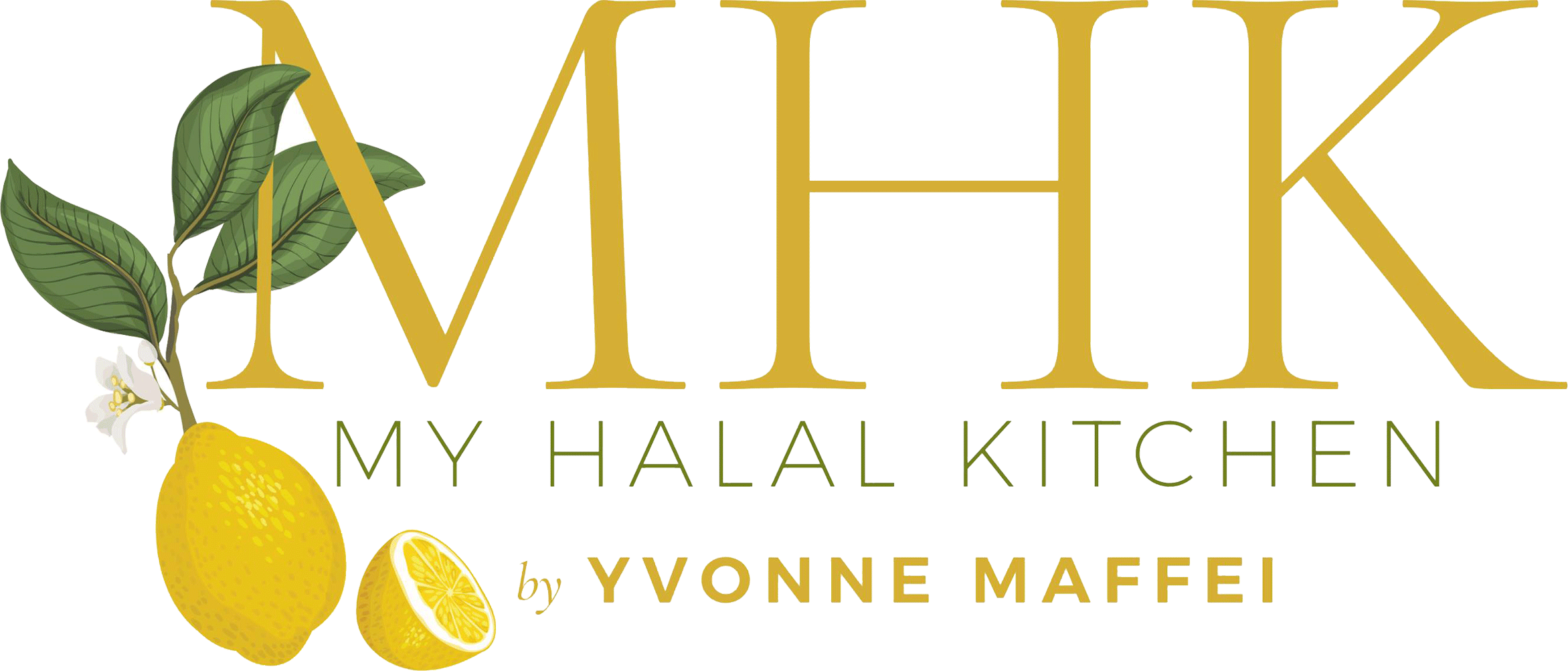
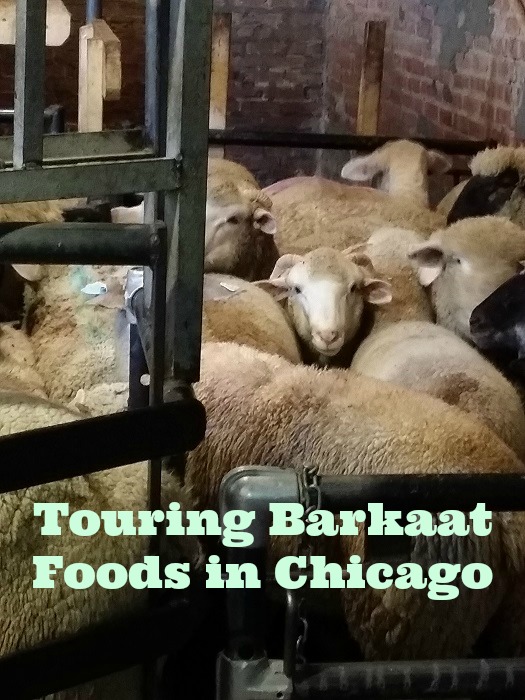
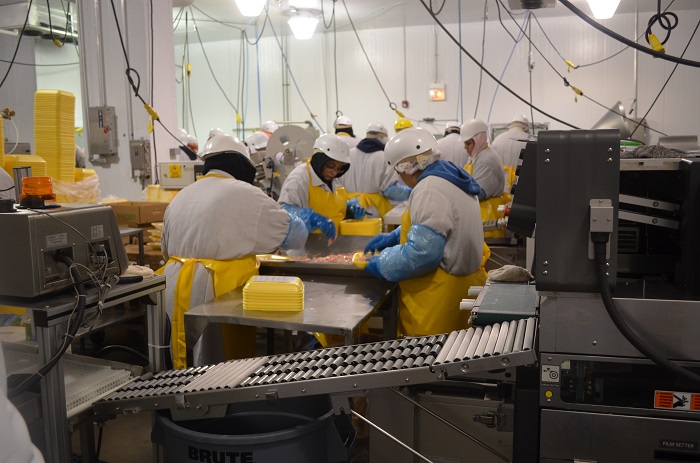
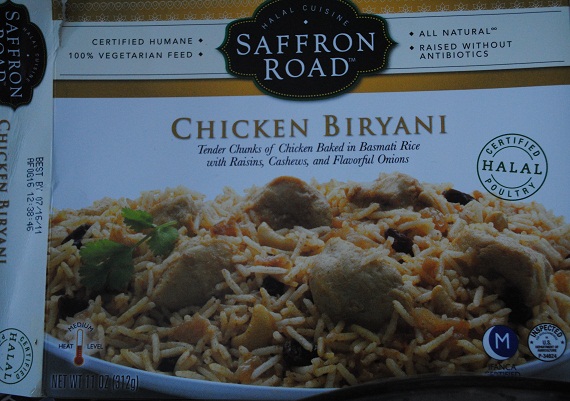
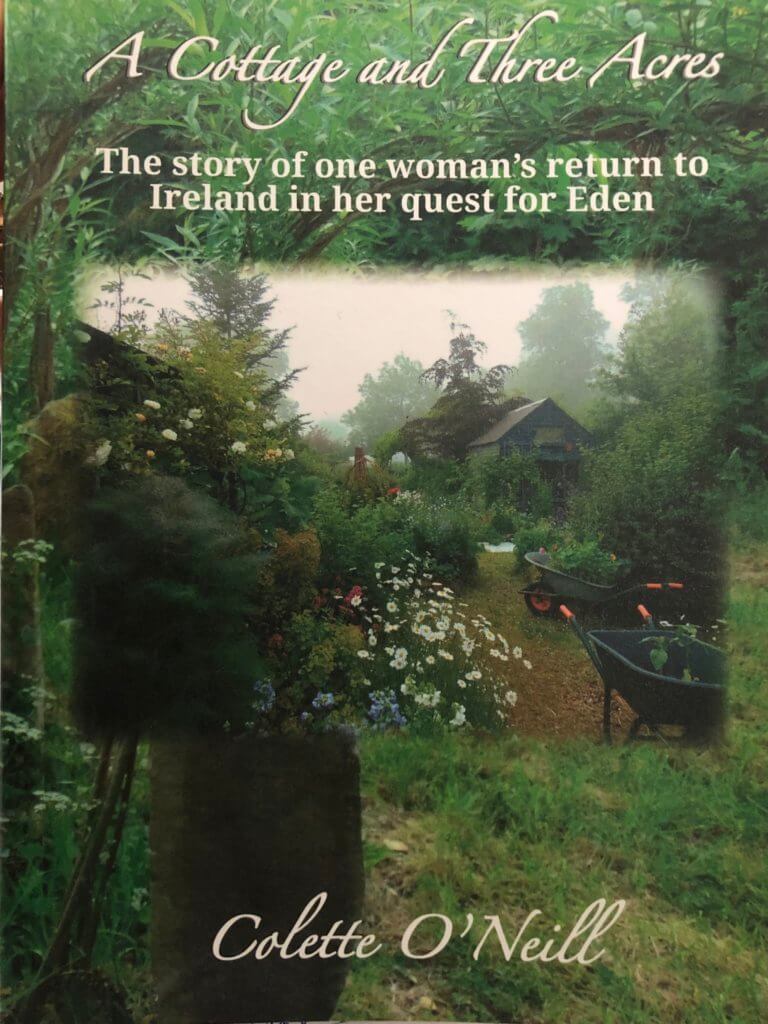


great article! Halaal is not only about the ‘slaughter’ and reciting God’s name, but as you mentioned the treatment of animals. From feeding them proper food to treating them with care and letting them graze freely.
Today ‘organic’ is a buzzword but we’v been saying this for the past 1400+ years.
Great work! Halal meat is so much more than how you slaughter the animal. Thanks for passing on this information.
Excellent article! I just wrote about a similar topic last week. We’ve come to focus too much on the ‘halal’ aspect of our food, without paying any mind to the ‘tayyib’ aspect, as outlined in the Qur’an. As a previous commenter alluded to, ‘tayyib’ is the ‘organic’ of 1400 years ago! 🙂
Here’s my article, if you’re intrested:
http://pieceofmind.publicrealm.net/2012/04/27/the-halal-meat-scam-and-why-im-a-semi-vegetarian/
Salam!